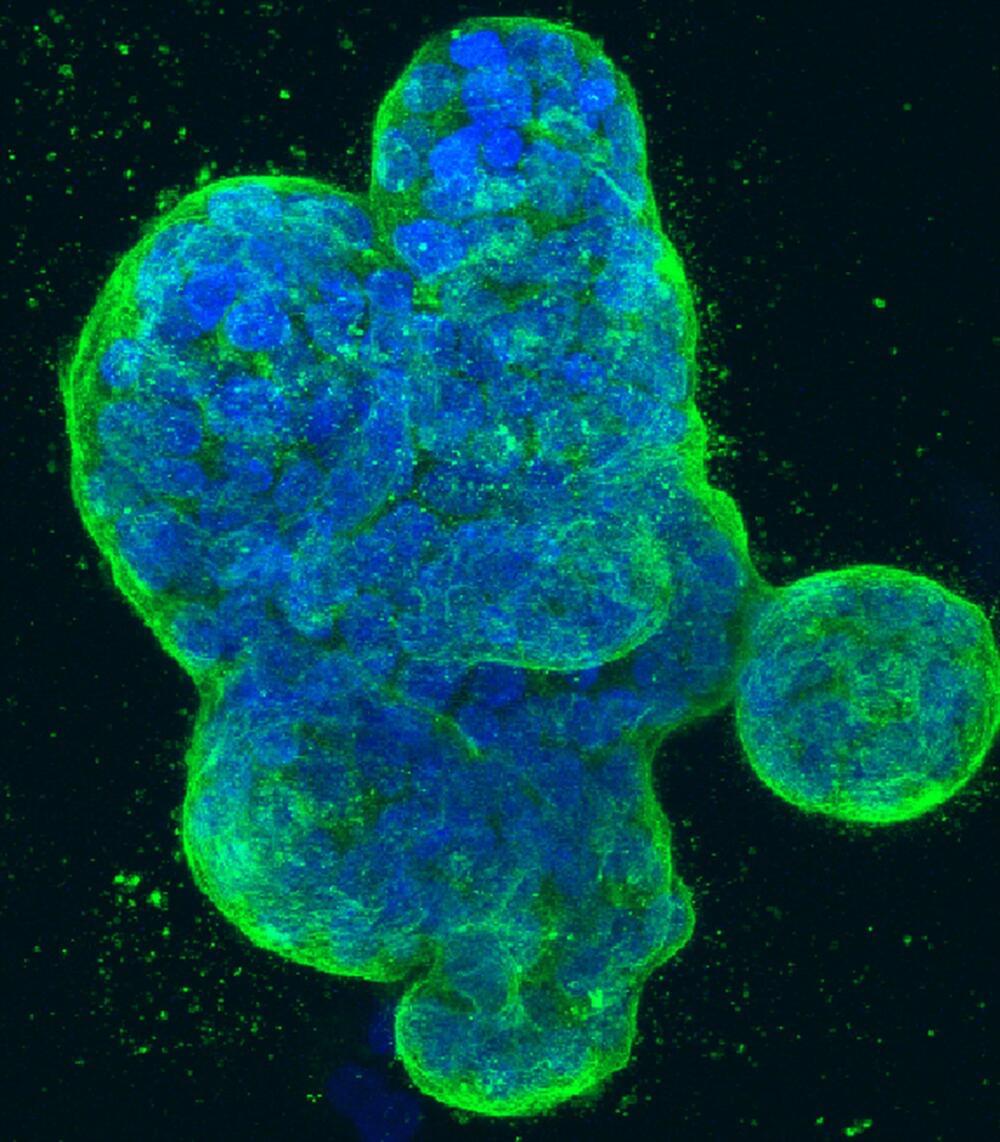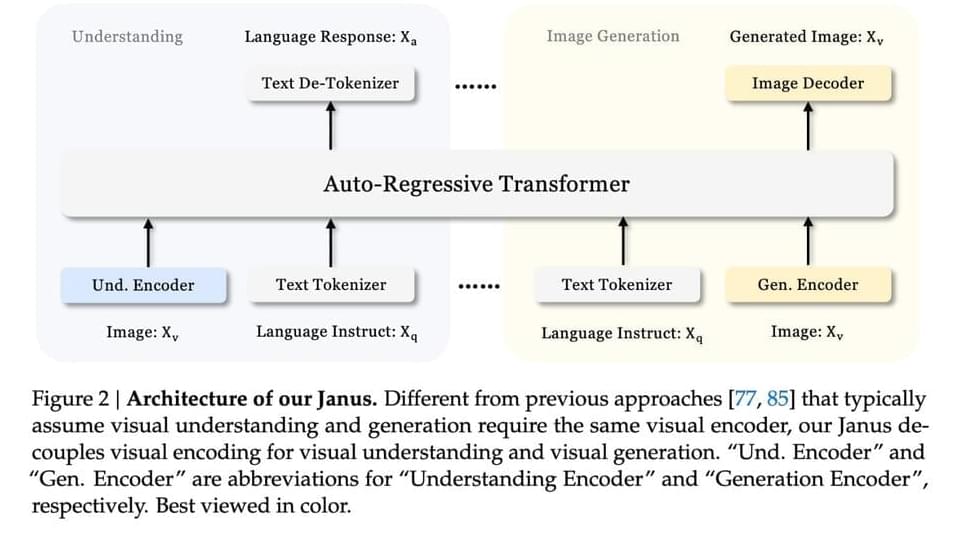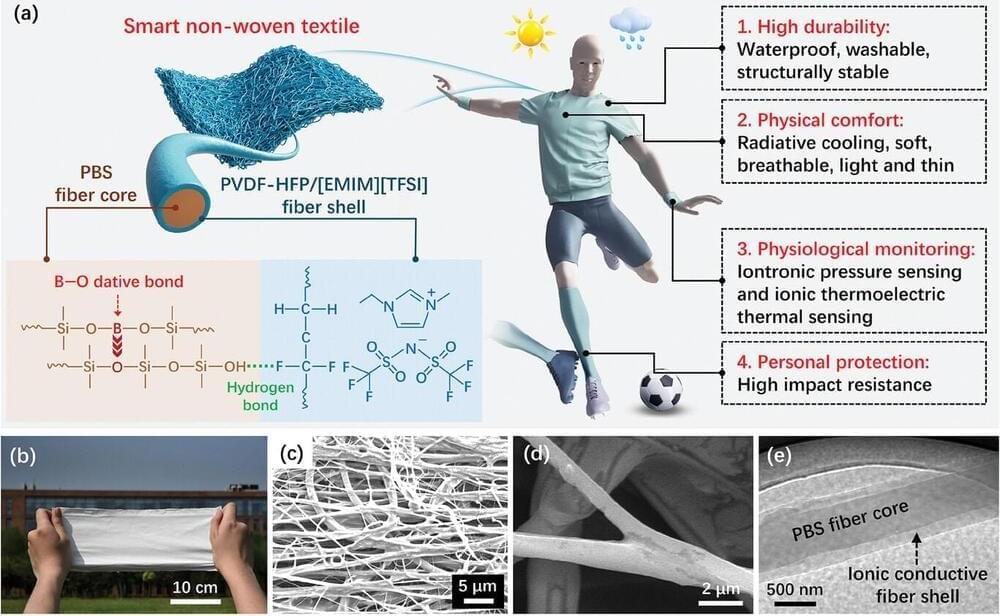The head of Singapore’s biggest lender said only about half of the banking industry has made sufficient progress in transforming their businesses to embrace digitalization and artificial intelligence.




Women worldwide could see better treatment with new AI technology, which enables better detection of damaged cells and more precisely predicts the risk of getting breast cancer, shows new research from the University of Copenhagen.
Breast cancer is one of the most common types of cancer. In 2022, the disease caused 670,000 deaths worldwide. Now, a new study from the University of Copenhagen shows that AI can help women with improved treatment by scanning for irregular-looking cells to give better risk assessment.
The study, published in The Lancet Digital Health, found that the AI technology was far better at predicting the risk of cancer than current clinical benchmarks for breast cancer risk assessment.

Exposure to certain pollutants, like fine particles (PM2.5) and nitrogen oxides (NOx), during pregnancy and childhood is associated with differences in the microstructure of the brain´s white matter, and some of these effects persist throughout adolescence. These are the main conclusions of a study led by the Barcelona Institute for Global Health (ISGlobal), a centre supported by “la Caixa” Foundation. The findings, published in Environmental Research, highlight the importance of addressing air pollution as a public health issue, particularly for pregnant women and children.
An increasing amount of evidence suggests that air pollution affects neurodevelopment in children. Recent studies using imaging techniques have looked at the impact of air pollutants on the brain’s white matter, which plays a crucial role in connecting different brain regions. However, these studies were limited in that they only looked at one timepoint and did not follow the participants throughout childhood.
“Following participants throughout childhood and including two neuroimaging assessments for each child would shed new light on whether the effects of air pollution on white matter persist, attenuate, or worsen,” says ISGlobal researcher Mònica Guxens. And that is what she and her team did.

Multimodal AI models are powerful tools capable of both understanding and generating visual content. However, existing approaches often use a single visual encoder for both tasks, which leads to suboptimal performance due to the fundamentally different requirements of understanding and generation. Understanding requires high-level semantic abstraction, while generation focuses on local details and global consistency. This mismatch results in conflicts that limit the overall efficiency and accuracy of the model.
Researchers from DeepSeek-AI, the University of Hong Kong, and Peking University propose Janus, a novel autoregressive framework that unifies multimodal understanding and generation by employing two distinct visual encoding pathways. Unlike prior models that use a single encoder, Janus introduces a specialized pathway for each task, both of which are processed through a unified transformer. This unique design alleviates conflicts inherent in prior models and provides enhanced flexibility, enabling different encoding methods that best suit each modality. The name “Janus” aptly represents this duality, much like the Roman god, with two faces representing transitions and coexistence.
The architecture of Janus consists of two main components: an Understanding Encoder and a Generation Encoder, each tasked with handling multimodal inputs differently. For multimodal understanding, Janus uses a high-dimensional semantic feature extraction approach through SigLIP, transforming the features into a sequence compatible with the language model. For visual generation, Janus utilizes a VQ tokenizer that converts visual data into discrete representations, enabling detailed image synthesis. Both tasks are processed by a shared transformer, enabling the model to operate in an autoregressive fashion. This approach allows the model to decouple the requirements of each visual task, simplifying implementation and improving scalability.

A team of Apple researchers has found that advanced AI models’ alleged ability to “reason” isn’t all it’s cracked up to be.
“Reasoning” is a word that’s thrown around a lot in the AI industry these days, especially when it comes to marketing the advancements of frontier AI language models. OpenAI, for example, recently dropped its “Strawberry” model, which the company billed as its next-level large language model (LLM) capable of advanced reasoning. (That model has since been renamed just “o1.”)
But marketing aside, there’s no agreed-upon industrywide definition for what reasoning exactly means. Like other AI industry terms, for example, “consciousness” or “intelligence,” reasoning is a slippery, ephemeral concept; as it stands, AI reasoning can be chalked up to an LLM’s ability to “think” its way through queries and complex problems in a way that resembles human problem-solving patterns.

An achievement that was deemed impossible has successfully become accomplished. For the first time in history, DNA can be edited. One of the goals is to be able to get rid of genetic diseases. This whole concept in genomic science has opened up a whole new revolutionary way of dealing with such critical health issues. There is a possibility that illnesses that were once incurable have a chance to be curable.
MedlinePlus provides a definition and states that a collection of tools known as genome editing, or gene editing, allows researchers to alter an organism’s DNA. These technologies enable the addition, deletion, or modification of genetic material at specific genomic regions. A person’s DNA can be altered through gene editing to fix mistakes that lead to illnesses.
CRISPR-Cas9, short for CRISPR-associated protein 9 and clustered regularly interspaced short palindromic repeats, is a well-known example as one of the approaches used and developed by scientists to edit DNA. The scientific community is very excited about the CRISPR-Cas9 system since it is more accurate, efficient, quicker, and less expensive than existing genome editing techniques.

(Nanowerk Spotlight) In the world of athletic performance and outdoor sports, the gear athletes wear can make or break their ability to perform.
Smart nanofabric integrates impact protection, real-time health monitoring, and radiative cooling into a lightweight, durable textile for advanced sportswear.

